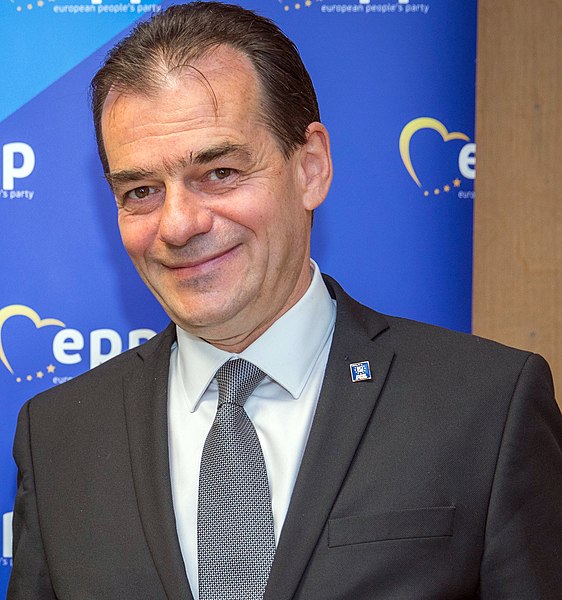Analysis
Politics
European Commission Report Highlights Ukraine’s Gains in Governance, Reform and Resilience
7 November 2024
19 December 2019
Recent developments in Romania indicate that the country seems to be on a path of defending its rule of law and pro-European reputation. However, corruption, weak media and attacks on the rule of law continue to haunt Romania’s political system.
The recent re-election in November of President Klaus Iohannis, who has been a staunch defender of the rule of law, provides Romania with much-needed stability. Although Romania’s economy has been growing, the country is faced with multiple challenges, including an unstable political system, rampant corruption, an assault on the rule of law and declining media freedoms.

The new governing coalition, led by Prime Minister Ludovic Orban, positions itself as a defender of the rule of law and it enjoys the support of President Iohannis. However, the governing coalition is extremely diverse, made up of all forces that opposed the ex-communist Social Democrats (PSD) and it may not survive until the scheduled end of term in late 2020 or early 2021.
At the same time, the growing strength and popularity of the anti-corruption movement and the party Save Romania Union, which was built on the back on the movement, suggest that Romania may be turning a corner in its fight against corruption.